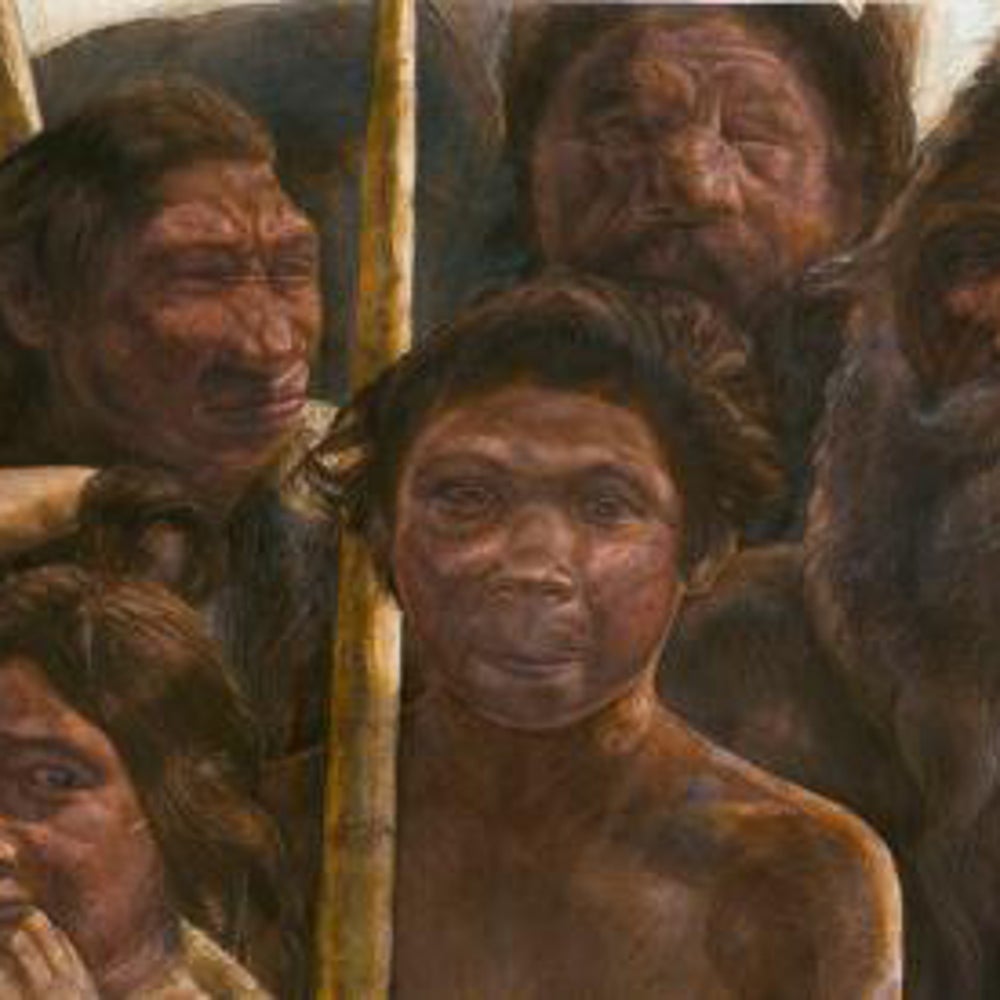In a groundbreaking revelation that shatters long-held beliefs about human evolution, scientists have successfully sequenced 40,000-year-old Neanderthal DNA, uncovering astonishing truths about our ancient relatives and their enduring legacy within us. The findings, emerging from advanced paleogenetic research, challenge the narrative that Neanderthals vanished into extinction, revealing instead that they became an integral part of our genetic heritage.

For over a century, Neanderthals were portrayed as brutish, primitive beings, unable to compete with modern humans. Textbooks and museums depicted them as a cautionary tale of evolutionary failure. However, recent DNA analysis has turned this narrative on its head, suggesting that Neanderthals didn’t disappear but transformed, merging their genetic legacy with that of Homo sapiens. This shocking discovery indicates that every person of non-African descent carries 1 to 2% Neanderthal DNA, a hidden inheritance that links us directly to these ancient beings.
The research delves deep into the past, revealing that Neanderthals were not isolated, primitive creatures but complex beings who created art, cared for their kin, and adapted to diverse environments across ancient Europe and Asia. They thrived through ice ages, exhibiting resilience and ingenuity that belies their previous portrayal as a failed lineage. The DNA evidence shows that Neanderthals migrated, interbred, and shared their genes with other human populations, creating a rich tapestry of genetic interconnection that defies simplistic evolutionary models.
In a remarkable twist, scientists discovered that Neanderthal populations experienced severe inbreeding due to isolation caused by climate changes, leading to a tragic decline in genetic diversity. This vulnerability, compounded by competition with expanding Homo sapiens populations, ultimately led to their disappearance as a distinct group. Yet, rather than fading into oblivion, their legacy lives on in our DNA, influencing traits from immune responses to physical characteristics.
The implications of this research are profound, forcing us to reconsider what it means to be human. The boundaries between species are not as rigid as once believed; Neanderthals were our cousins, not our enemies. Their story is woven into the very fabric of our existence, reminding us that human identity is fluid and interconnected. As we grapple with the complexities of our ancestry, we must acknowledge that the Neanderthals did not vanish; they became us, shaping our evolution and enriching our genetic heritage.

This revelation not only redefines our understanding of human history but also challenges us to confront uncomfortable truths about identity and belonging. The ghosts of our ancient ancestors linger in our blood, and their story continues with every heartbeat, every breath. The Neanderthals are not lost to time; they are alive within us, a testament to the resilience and adaptability of our shared human lineage.





